Yesterday I was driven to look at my wonderful collection of cookbooks. I did so because I was furious. I had something to prove, and I knew the answer would be in my kitchen on the shelf above my bread board, kettle and toaster. (I’ll tell you what made me angry later in this blog post – perhaps you’ll guess by looking at the photos.)
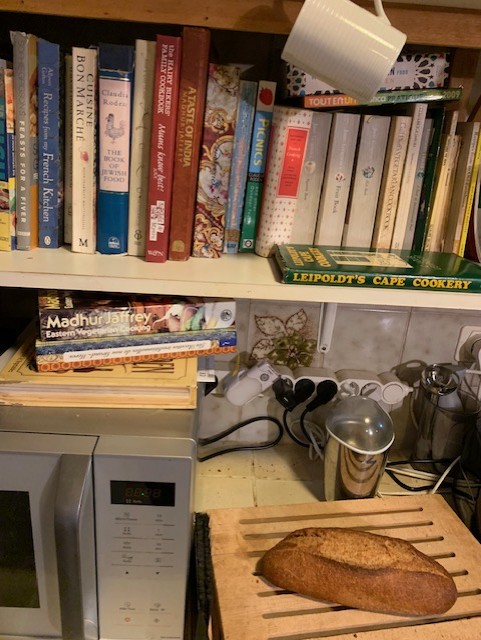
Food keeps us alive
We eat to live but most important of all food is about sharing and sustaining love, families, kinship and friendships. I still believe in saying grace, but as an agnostic I don’t thank a God – I thank the providers, the cooks, and the farmers and gardeners. Our daily bread matters – we break bread together. We offer hospitality to strangers, we feed the poor. Sharing food is the giving of love. It starts with the newborn baby at the breast – it ends with spoon-feeding those too ill and too old or weak to feed themselves.
Sharing food around the world
It is true that we now eat mass-produced processed food grown in ways that contribute to global warming, climate change and obesity, but that will have to be written about in another post. What is important in this post is the way that humans have shared plant crops and staple foods around the globe for very many centuries and not only that, but they have also shared both recipes and ingredients. Pepper and spices were brought from the East to preserve food in Europe. Pasta came to Italy from China, the inventors of noodles. Fish and chips came from Portugal. Potatoes came from America. Maize meal was brought to Africa by the Portuguese – maize meal is a poor substitute for sorghum and millet, though.
Local foods and celebrations
It is true that the food we grow is dependent on its regional locality, on the climate, on water, on earth and insects. That is what has made flavours and crops specific to cultures and regions. We celebrate the end of Ramadan with a feast of Eid, we celebrate Christmas with cake and roast meat, Easter with eggs, Passover with stories, bitter herbs and the shank-bone of lamb. Humans, though we are made by tradition and family, are also migrants, wanderers, travellers, tourists, explorers and hospitable sharers. We love to taste new foods, share other customs and invite people into our homes.
When I looked at my cookbooks this is what I found
Falling Cloudberries by Tessa Kiros – A family of several different nationalities journey from Scandinavia, through Greece to South Africa gathering their traditional recipes.
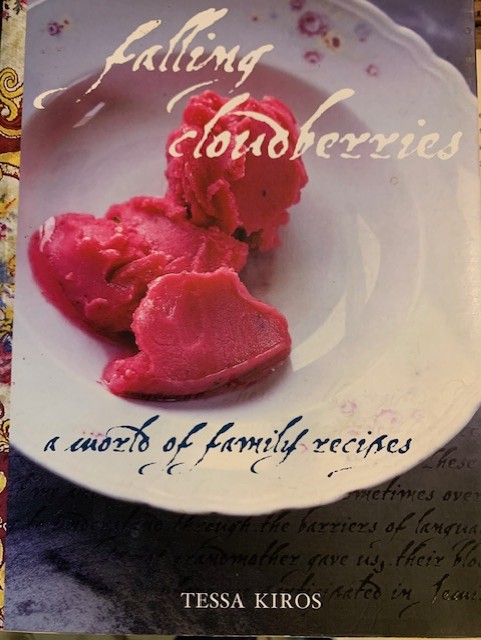
Mother Knows Best by the Hairy Bikers – A book of recipes from many British mothers.
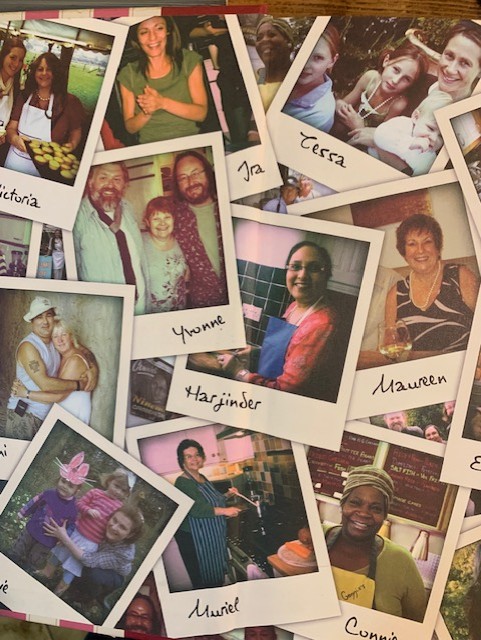
Cape Cookery inspired by Indonesian and Afrikaans culture C Louis Leipoldt.
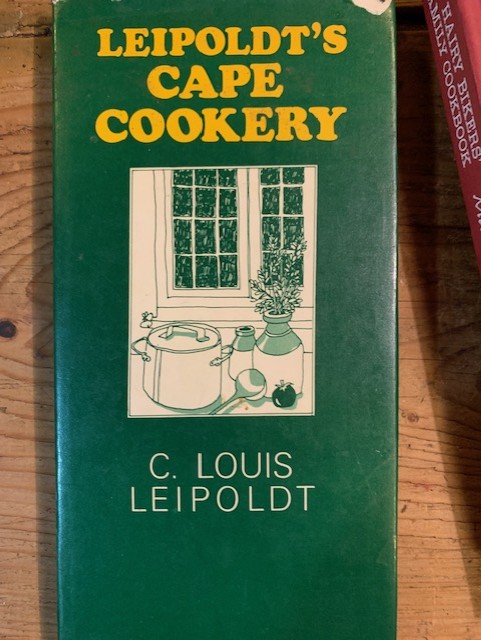
Moro, a book about North African and Spanish food written by Sam and Sam Clark.
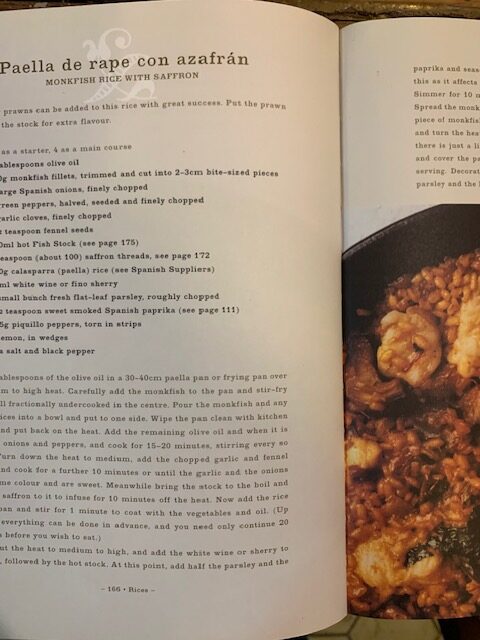
French Cooking A famous book by Julia Child, an American.
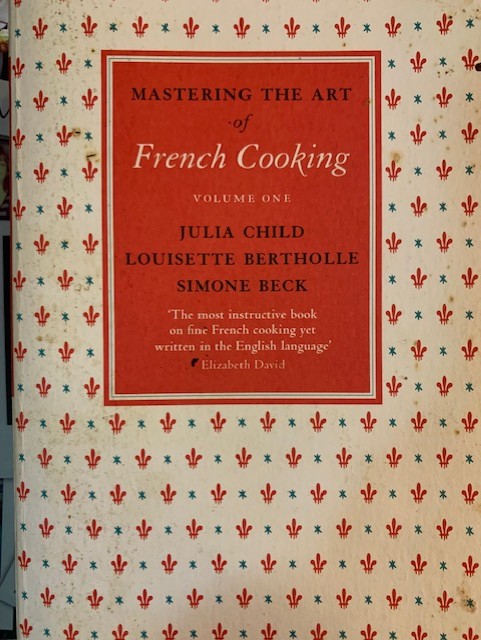
A Book of Jewish Food from every place in the world where there were Jewish communities from Samarkand and Vilna to the present day by Claudia Roden.
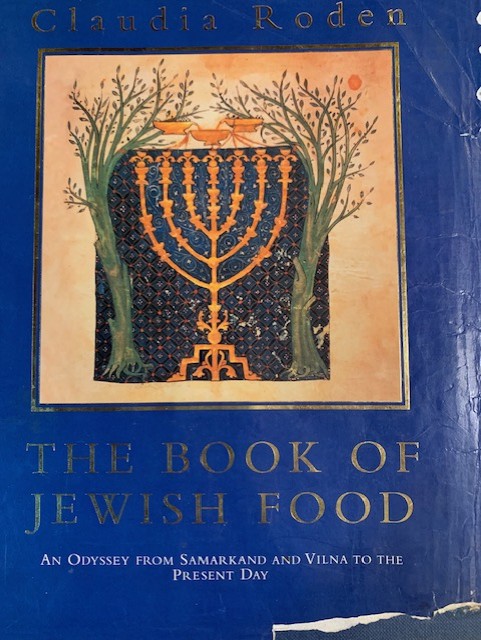
Middle Eastern Food from Algeria through Egypt to Arabia and Iran also by Claudia Roden.
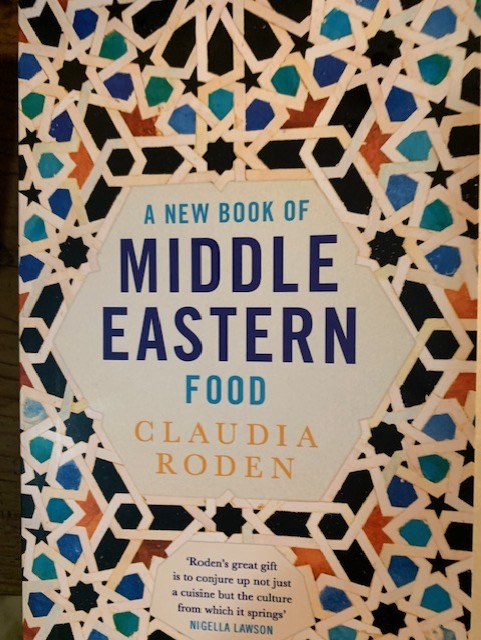
A Taste of India from across all the different cultures of India both vegetarian and meat recipes by Madhur Jaffrey
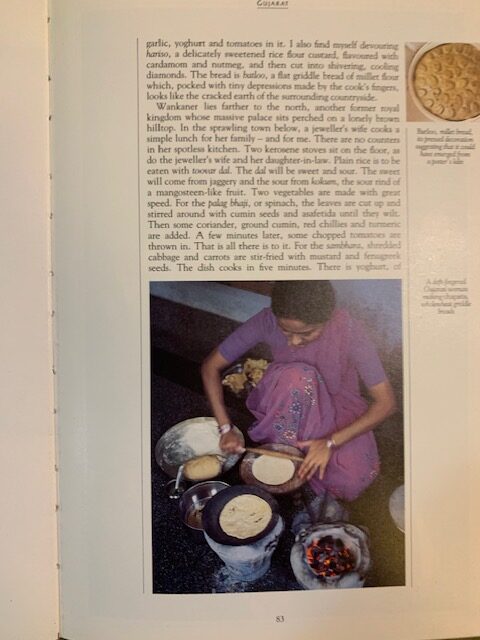
All of these books were written with love and written to share wonderful foods around the world.
Serve good facts (food) not a hash of lies
Why was I so angry that I wrote about love, food and family? I came across an antisemitic post on Facebook written to arouse hatred of Jews. It claimed that Israelis stole a food recipe from Palestinians. As you can see if you read my post that is not possible. Most Jews in Israel are Mizrachi, over 60% are Middle Eastern people who originated in the Middle East. Their foods are shared among Middle Eastern people. We, who are English or French or German share and prepare foods from other places even if we love our own food most. Where does your food come from and how much food have you adopted from other cultures? Antisemitism is based on lies and falsities . Make judgements – that is what we humans do – but make your judgements on facts, not falsities and don’t be one-sided. Yes – we may all choose one side or the other based on our situation, need and family but that doesn’t have to make us one-sided – both sides are human. Do you want to go to war or stop war? If you don’t want war then be kind and be fair.
3 Comments on “Food, Family and Love”
I love the way you put accross the aspect of food as a connector among humans
Dear Victoria,
I’m so happy that you read my post and liked it. It means a great deal when I get comments on my posts.
Thank you – Ruth
Hear, Hear, Ruth! Focus on what connects us. Many similar thoughts in this brilliant conversation between Trevor Noah and Yuval Noah Hariri (with some thought-provoking questions and interjections from Christiana ? a journalist):